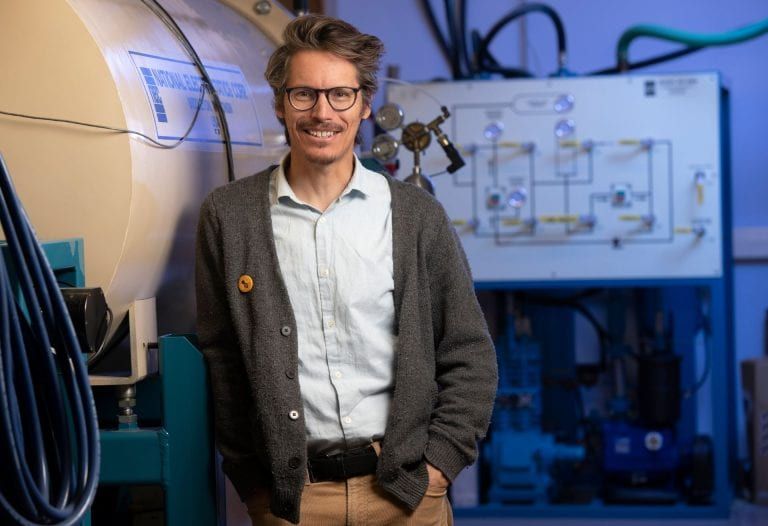Earth system scientists uncover ice-age shift in Pacific Ocean circulation
The overturning circulation of the Pacific Ocean “flipped” during the last ice age, altering the placement of ancient waters rich in carbon dioxide, according to Earth system scientists at the University of California, Irvine.
In a paper published in Science Advances, the researchers suggest that this shift in the 3D churning of such a large ocean basin must have enhanced the sequestration of CO2 in the deep sea, thereby lowering the amount of the greenhouse gas in ice-age Earth’s...

